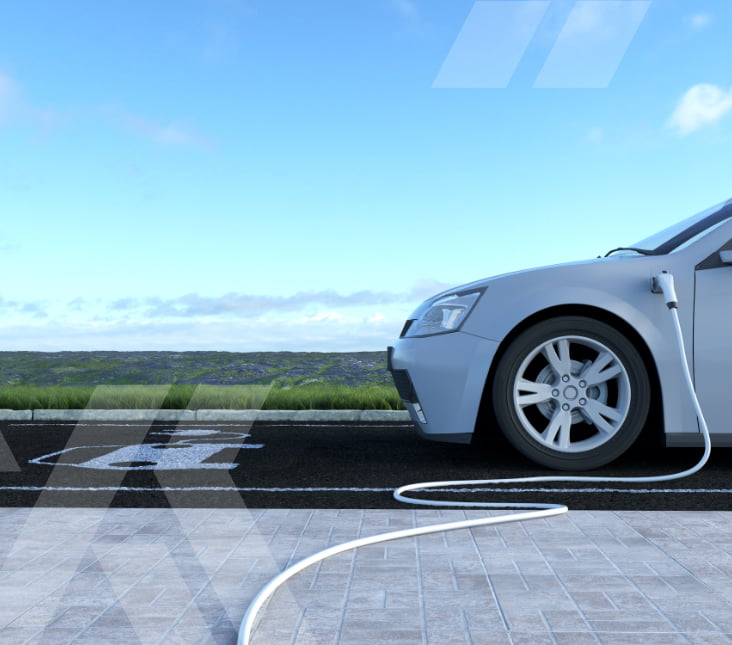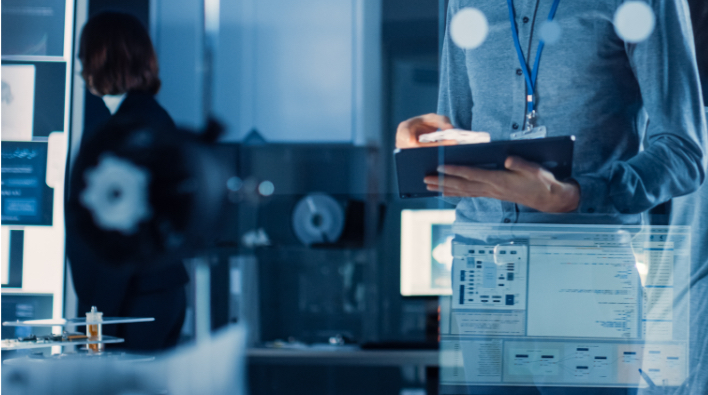
Drive
Against the backdrop of climate issues relating to the transport industry, Verkor was born with the clear goal of making Europe a key manufacturer of the batteries of the future. In 2020, the global pandemic drove home the realisation that profound change was needed. This is how six change-makers from diverse backgrounds came together to create Verkor.
Our ambition is to increase the manufacture of low‑carbon batteries to meet the growing demand for electric vehicles.
Backed by prominent shareholders EIT InnoEnergy, Groupe IDEC, Schneider Electric, Capgemini, Renault Group, EQT Ventures, Arkema, Tokai COBEX, Demeter FMET, Plastic Omnium and Sibanye-Stillwater, Verkor has been mandated to accelerate the large-scale industrialisation of batteries in Europe, and roll out intelligent and sustainable manufacturing processes as part of the first French Gigafactory.

Challenge
Everything points to the mobility of tomorrow being resolutely electric:
Environmental regulations
Lower battery manufacturing costs
More affordable cars
The user experience
The massive development of electric transport and stationary storage is increasing the demand for batteries. There is a lot at stake for Europe which struggles to be competitive on a market still dominated by Asian and American manufacturers.
The local academic and industrial landscape, which includes Verkor, is in the midst of a powerful wave of innovation. Europe needs to be able to manufacture battery cells locally, thereby creating jobs and investment opportunities across the continent. According to the European Battery Alliance, set up by the European Commission in 2017, over €250 billion will need to be invested in the European battery market by 2025.
In France alone, at least three Gigafactories will need to be built by 2025 to meet growing market demand.
Open innovation is in Verkor’s DNA. A European battery industry that covers the entire value chain — from raw materials and industrial equipment to recycling — needs to be created. Strategic partners are already behind this major challenge, and new players in the sector will be announced.
Verkor is spearheading a new business model: it wants to commit to a clean and locally-based technological future that is in tune with the deep aspirations of today’s society. The first batteries it will manufacture in France will have a carbon footprint four to five times smaller than those manufactured in China. This is thanks to France’s low‑carbon energy mix, the vertical integration of manufacturing, and innovations in digitalisation and recycling.
Closer to customers, local manufacturing also shrinks the logistics footprint, including emissions, and boosts the economy through investment and job creation.
Verkor stands by its convictions and is committed to a green approach throughout the battery life cycle — from the choice of components to recycling.These strengths will help to establish the battery sector as a sustainable industry that meets the growing demands imposed by the energy transition.

Verkor’s greatest asset is its human capital. Today, the team comprises some 430 experts from 40 different countries who are using their multidisciplinary talents to build an innovative project on a European scale. To take Verkor even further, more committed individuals bringing new skills will soon be joining the adventure.



“A fertile European ecosystem: the European Battery Alliance (EBA), created by the European Commission in 2017, estimates that the European battery market will require more than €250 billion in investment by 2025.”
